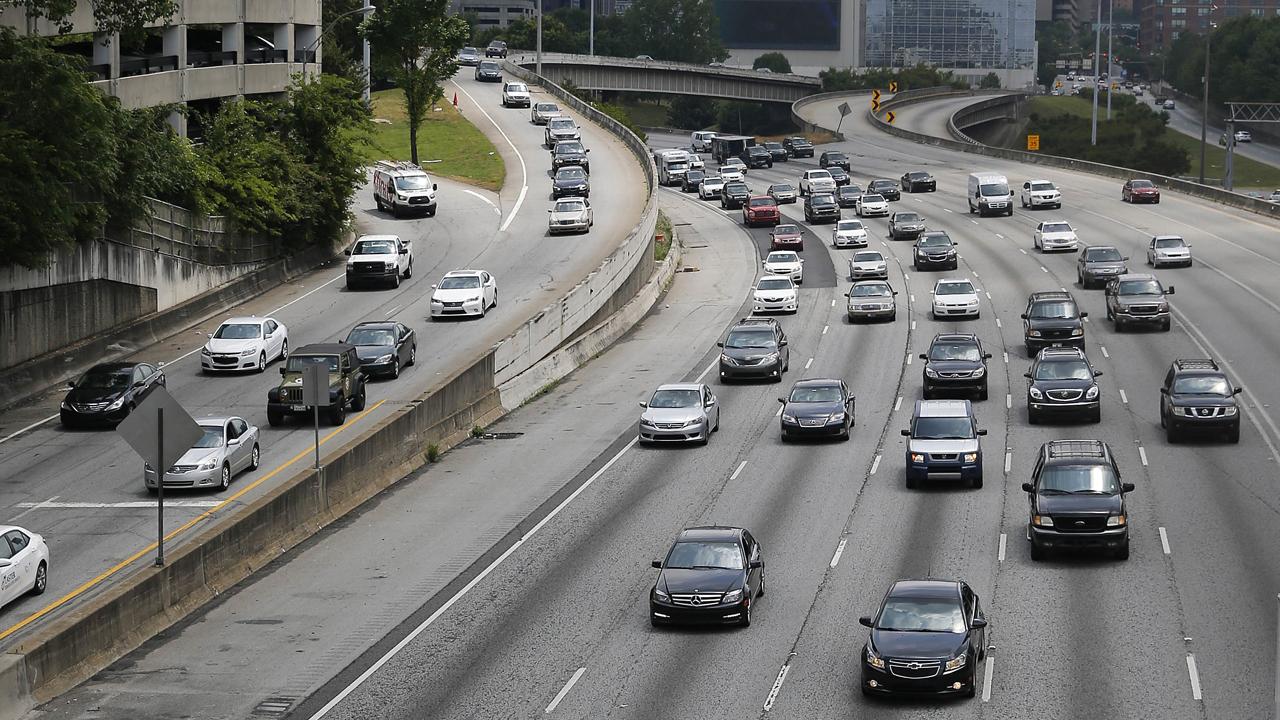US economy is at risk of losing $4T in GDP if we don't act on infrastructure: American Society of Civil Engineers
American Society of Civil Engineers' Casey Dinges predicts the U.S. economy could take a major hit if lawmakers do not pass new infrastructure legislation.
“There is a hidden tax being placed on the U.S. economy right now by our current under-investment in infrastructure, so our Failure to Act economic reports showed that by the year 2025, we're putting at risk $4 trillion in U.S. GDP, 2.5 million jobs, and $7 trillion in business sales,” Dinges told FOX Business’ Neil Cavuto on Thursday.
Dinges added that he doesn't see infrastructure as a partisan issue, but rather “an American issue.”
“If you're a high-tech business and you're looking to invest in America, you're going to be looking at the infrastructure of the community or the region you're going to be investing in. So it's very important, if the U.S. is going to stay competitive with the rest of the world, that we make these infrastructure investments. And if the leaders in Congress and the President are looking for a legacy issue to put their arms around, this would be a good one for the nation,” he said.
Dinges, a senior managing director, said there will be greater use of the traditional public model going forward to address infrastructure concerns, which would could equate to higher taxes on gasoline and other highway fees, as well as more public-private partnerships.
“Currently through public and private investment streams, we're already investing $2.5 trillion. With an economy over $21 trillion a year and given how critical these investments are to the quality of life, to business, to public safety, it’s just going to become more of a challenge the longer we wait,” he said.
CLICK HERE TO GET THE FOX BUSINESS APP
Last month, President Trump said he is considering an infrastructure plan that would cost between $1 and $2 trillion. The Trump administration has also said the federal government would fund 20 percent of any infrastructure plan, and give private sectors incentives to fund 80 percent of it.




















